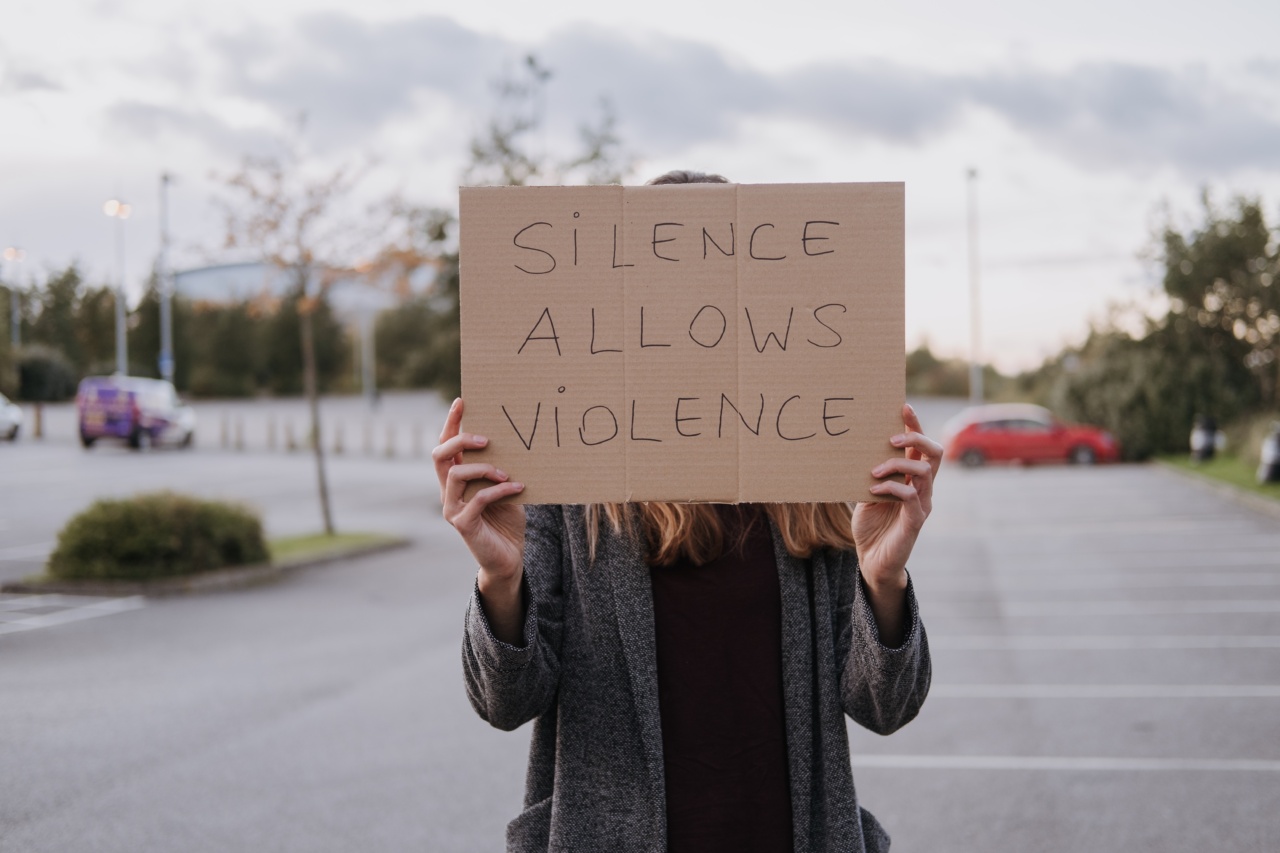Suffering is an unavoidable part of life. Whether it comes in the form of physical pain, emotional distress, or existential questioning, we all experience it at some point. However, there are ways to alleviate and even eliminate unnecessary suffering.
In this article, we will explore various techniques and philosophies that can help put a stop to the suffering.
Understanding the Nature of Suffering
Before delving into ways to overcome suffering, it is important to understand its nature. Suffering can manifest in different forms and is often a result of attachment, aversion, or ignorance.
These three components create an ongoing cycle that perpetuates suffering. By becoming aware of these factors, we can start to break free from the grip of suffering.
The Power of Mindfulness
Mindfulness is a practice that has gained popularity in recent years, and for good reason. By being fully present in the moment and observing our thoughts and emotions without judgment, we can reduce suffering significantly.
Mindfulness allows us to detach from our attachment and aversion, and instead, find acceptance and peace in the present moment.
Cultivating Compassion and Empathy
Compassion and empathy are powerful tools in putting a stop to suffering, both for ourselves and others. By cultivating these qualities, we can develop a deeper understanding of the interconnectedness of all beings.
When we recognize that others also experience suffering, it encourages us to act with kindness and help alleviate their pain. And in doing so, we not only reduce their suffering but also find meaning and purpose in our own lives.
Embracing Impermanence
One of the main causes of suffering is our attachment to things as they are. We resist change and cling to what is familiar, even if it causes us pain.
However, everything in life is impermanent, and accepting this truth can liberate us from unnecessary suffering. By embracing impermanence, we become more adaptable and open to new experiences, reducing our attachment and aversion.
Practicing Gratitude
Gratitude is a powerful antidote to suffering. By focusing on the positive aspects of our lives and expressing gratitude for them, we shift our attention away from our pain and towards the blessings we have.
This shift in perspective can create a profound change in our overall well-being and significantly reduce the impact of suffering.
Seeking Support and Connection
Suffering can weigh heavily on our shoulders, but we don’t have to bear it alone. Connecting with others who have similar experiences or seeking support from friends, family, or professionals can provide solace and guidance.
Sharing our suffering and allowing ourselves to be vulnerable opens up opportunities for healing, growth, and relief from our pain.
Finding Purpose and Meaning
Sometimes, suffering can feel meaningless and purposeless, amplifying its impact on our lives. However, by seeking meaning and purpose in our suffering, we can transform it into a catalyst for growth and resilience.
Reflecting on our experiences and asking ourselves how we can learn from them can lead us to discover new insights and perspectives that ultimately help us put a stop to unnecessary suffering.
Practicing Self-Compassion
We often tend to be our own harshest critics, judging ourselves harshly and perpetuating our suffering. However, practicing self-compassion can counteract this tendency.
By treating ourselves with kindness, understanding, and acceptance, we create a safe space to process our pain and learn from it. Self-compassion allows us to be gentle with ourselves and embrace our imperfections rather than fueling our suffering.
Finding Balance in Life
Suffering can often arise from an imbalance in different areas of our lives. Whether it is work-life balance, excessive self-sacrifice, or neglecting our physical and mental well-being, these imbalances can lead to prolonged suffering.
By identifying and addressing these areas, we can restore balance and create a foundation for a more fulfilling and harmonious life.
Letting Go of the Ego
Our ego often magnifies suffering by creating a self-centered perspective and clinging to our identities.
By letting go of the ego and identifying less with our thoughts, emotions, and external achievements, we can transcend suffering and find peace within ourselves. Recognizing that we are more than our suffering and that it does not define us is a powerful step towards putting a stop to unnecessary pain.






























